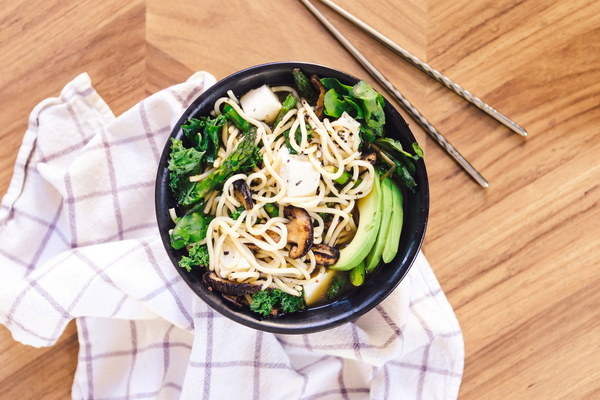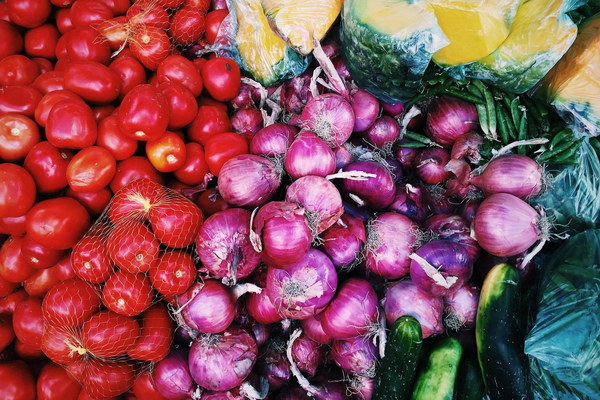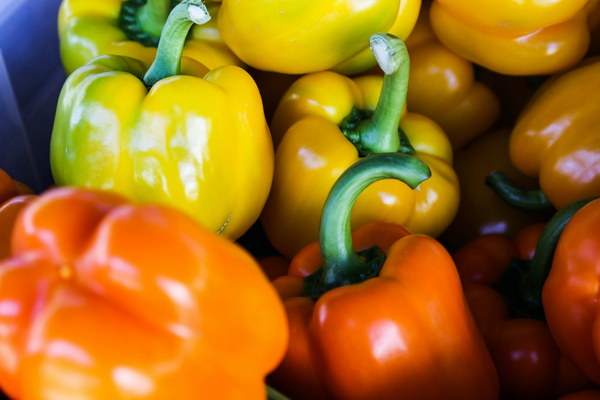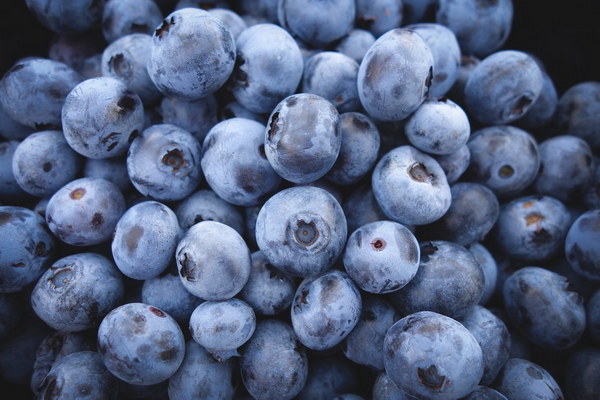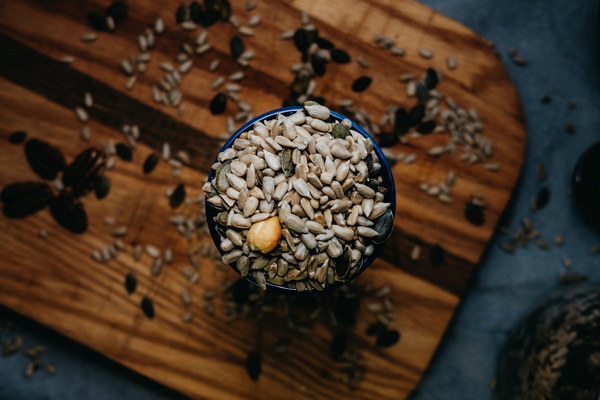Is It Safe for Children to Take Ginseng Supplements
In recent years, ginseng has gained popularity as a natural remedy for a variety of health conditions. Many parents are curious about whether their children can benefit from ginseng supplements. This article aims to explore the question of whether it is safe for children to take ginseng and the potential benefits and risks associated with its use in pediatric populations.
Understanding Ginseng
Ginseng is a plant that has been used in traditional medicine for centuries, particularly in Eastern cultures. There are two main types of ginseng: American ginseng (Panax quinquefolius) and Asian ginseng (Panax ginseng). These plants contain various active compounds, including ginsenosides, which are thought to have a range of health benefits.
Potential Benefits of Ginseng for Children
1. Enhanced Immune System: One of the most commonly cited benefits of ginseng is its ability to boost the immune system. While there is some evidence to suggest that ginseng may help in this regard, the research is not conclusive. Some studies have shown that ginseng may help reduce the frequency and severity of colds and flu in children.
2. Improved Cognitive Function: There is also some evidence to suggest that ginseng may improve cognitive function, including memory, concentration, and focus. This makes it an appealing supplement for children who may be experiencing learning difficulties or attention deficits.
3. Energy and Fatigue: Some parents report that ginseng has helped their children feel more energetic and less fatigued. However, this is a subjective benefit and scientific evidence supporting this claim is limited.
Risks and Considerations
Despite the potential benefits, there are several risks and considerations to keep in mind when considering ginseng for children:
1. Safety: While ginseng is generally considered safe for adults, the safety profile for children is less clear. Some children may be sensitive to ginseng or may experience adverse reactions.
2. Interactions: Ginseng may interact with certain medications, such as blood thinners, diabetes medications, and cancer treatments. It is important to consult a healthcare professional before giving ginseng to a child who is taking any medication.
3. Quality and Dosage: The quality of ginseng supplements can vary significantly. It is crucial to choose a reputable brand and to follow recommended dosages. Overdosing on ginseng can lead to side effects such as insomnia, dizziness, and gastrointestinal upset.

4. Age-Appropriate: Ginseng is not suitable for all children. The decision to give a child ginseng should be based on their individual health needs and should be made in consultation with a healthcare provider.
Conclusion
In conclusion, while there may be some potential benefits of ginseng for children, it is important to approach its use with caution. The safety of ginseng for pediatric populations is not yet fully established, and there are potential risks to consider. Before giving ginseng to a child, it is advisable to consult with a healthcare professional who can assess the child's specific health needs and provide personalized advice. As with any supplement, the use of ginseng should be viewed as a complementary approach to a child's overall health and well-being.
